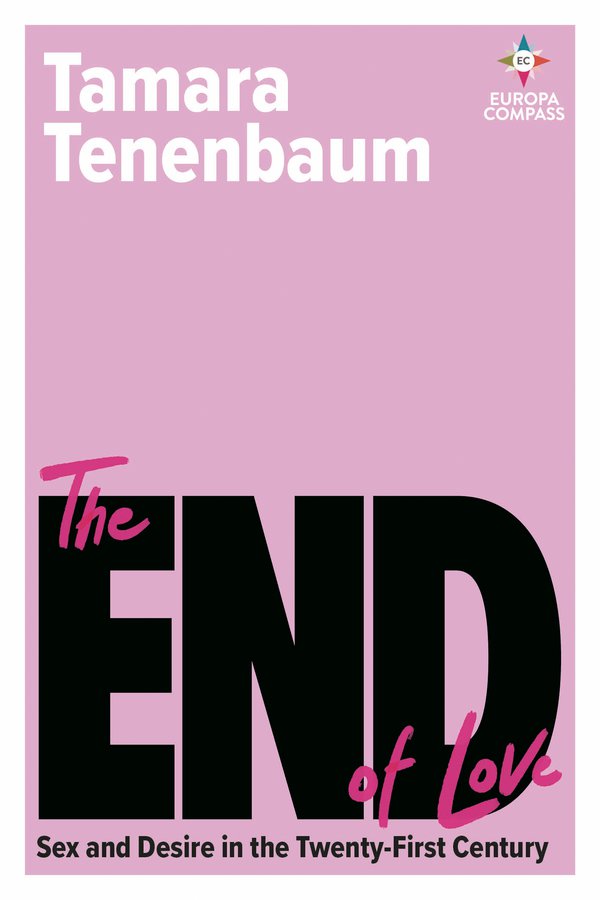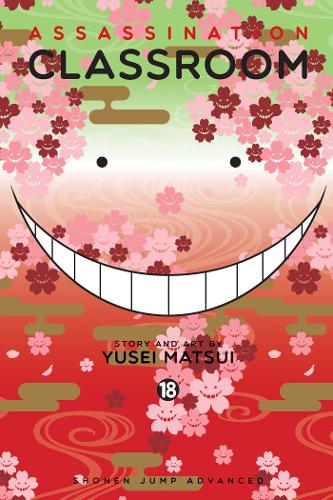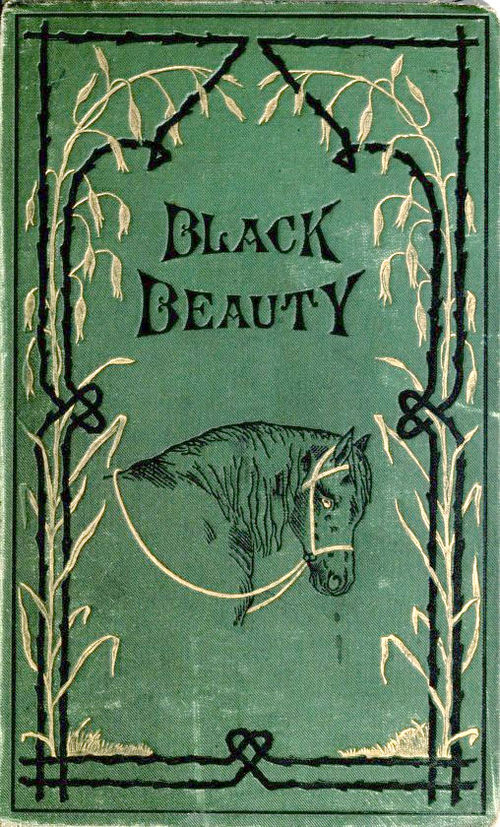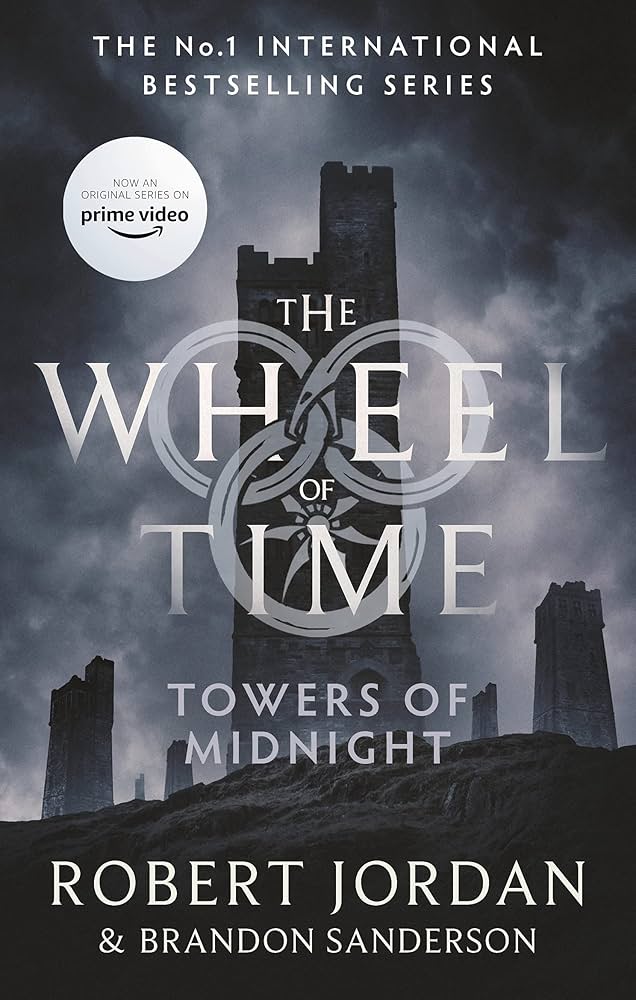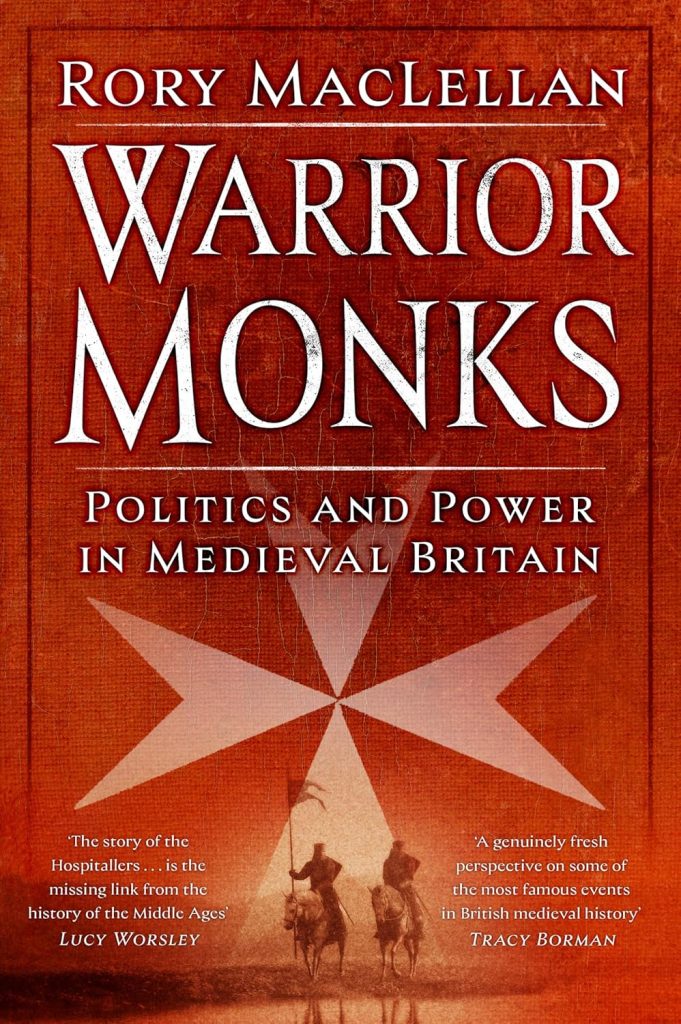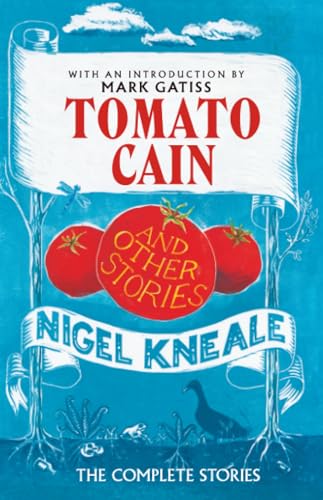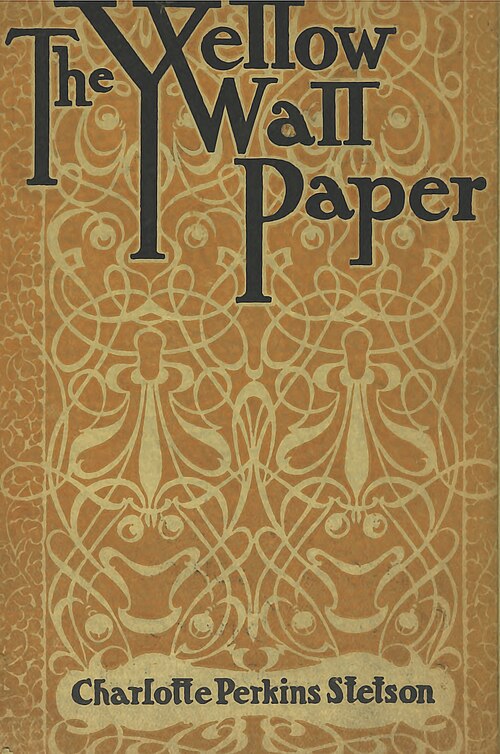I read this book recently after having it strongly recommended to me by one of my very best friends. In fact, she even read me a few excerpt and that pretty much guaranteed that I was going to give it a read. She described it as “a book that every woman should read” and I agree with that sentiment – though I’d take it further. It’s a book that everybody in general should read.
At its heart, it’s essentially an analysis of our current concept of romantic love – one tied closely to many of the author’s personal experiences. It looks at how marriage was once much more of a transactional thing which occasionally included “love” and a positive by-product, but which, over time, we’ve replaced with the current concept of having a romantic partner who is essentially a person’s “everything” person who will fulfil their every emotional need. While the shift was originally a radical and feminist thing, Tamara Tenenbaum argues that there’s potentially just as much misogyny baked into this as there was in the transactional era.
A lot of us have been enamoured by the idea of giving up everything in the name of somebody we love, but very often the reality of this is that women end up sacrificing everything for a man, and ending up with a relationship dynamic that serves him much more than it serves her. So, for instance, she might have less time for her friends because the romantic relationship is supposed to be more important and “enough” on its own. It also explores the feelings of frustration and discontentment that people feel when they try to make their partner the person they turn to for every possible problem they have. It collects a lot of thoughts I’d often had about these things and wraps them together in a very coherent and compelling way, backing them up with research where possible.
The author also explores a lot of related issues, such as expectations and pressures placed on women and the different sets of struggles that people face in individualist cultures, versus those where community is put before all other things. It’s not a clear-cut thing of one being good and the other being bad. There’s also a particularly depressing section on dating apps and how they ultimately feed into the de-humanisation of women by men who can’t handle getting rejected. Of course, how could she not talk about the ridiculous beauty standards women are expected to follow too?
One section that I particularly enjoyed spoke about how being single is often treated as a transitionary period and so prompts people to feel like something is missing if they’re not in a romantic relationship. It’s something you find strongly reinforced in so much media and it’s not something I think I’ve ever seen properly called out before – but it’s no wonder people quickly couple up with people (often people who may not be right for them) when they’re encouraged to feel incomplete when they don’t do this.
I, and the author, certainly don’t want to suggest that monogamous romantic relationships are a bad thing for anyone to want, but I think Tamara Tenenbaum does an excellent job of encouraging people to think critically about these things and to think about what they need vs what they’ve been socialised to think that they need to be happy. She doesn’t claim to have all the answers, but she does encourage us to ask questions and I think it’s important that everybody do that.
Rating: 9.6/10

